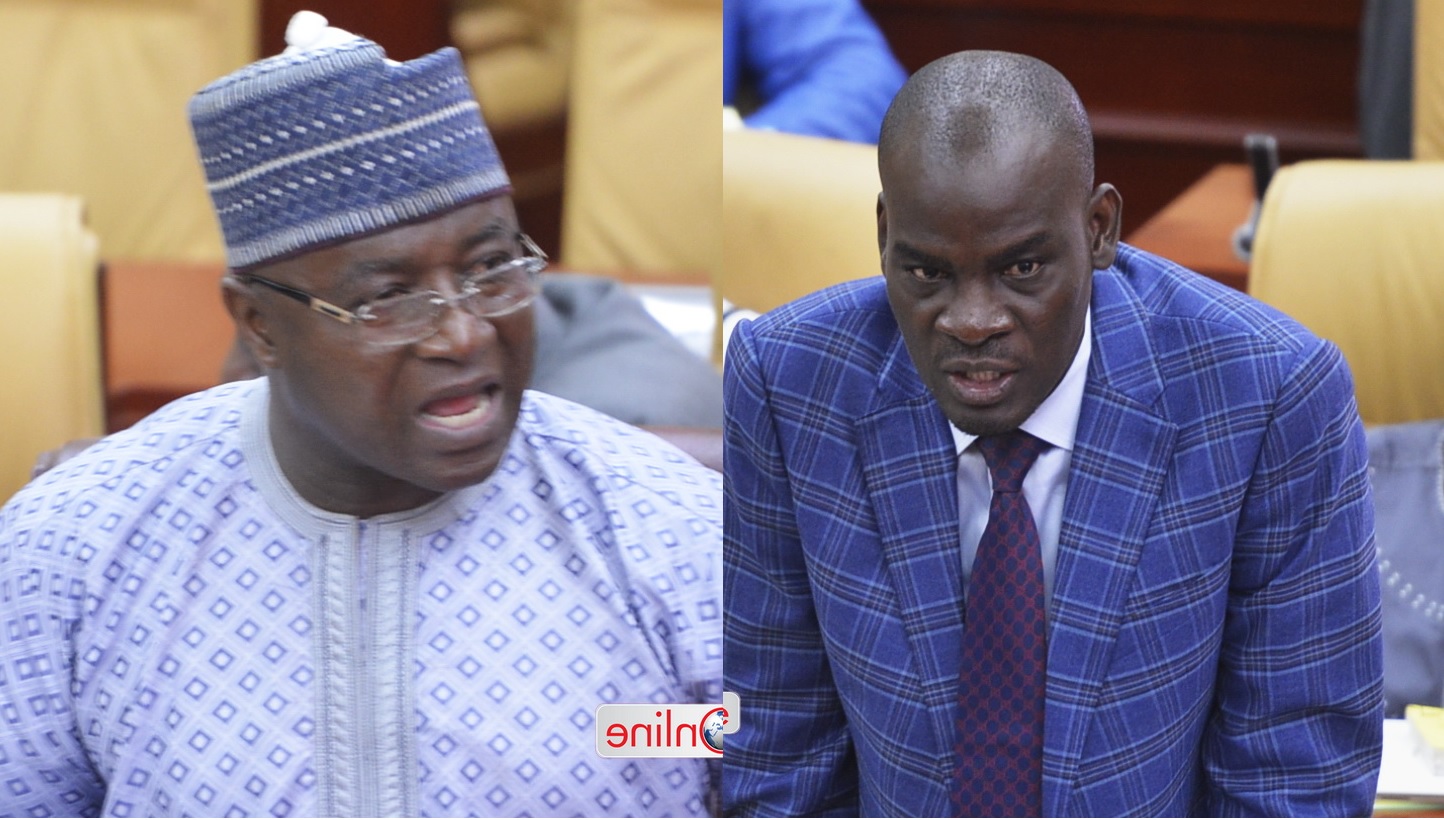
Consensus building in 8th Parliament: Moving beyond rhetoric
The outcome of Ghana’s 2020 Parliamentary elections presented a new context for the work of Parliament and democracy in the country.
Since the inception of the Fourth Republic, the governing party has always had an overwhelming majority of seats in Parliament, enabling them to bulldoze laws, agreements, policies and programmes through Parliament without much scrutiny or resistance. The lawmakers in the minority had little recourse for registering disapproval except through often-ineffectual public statements, protests, and occasional boycotts and walk-outs.
Advertisement
For the first time, however, the two major political parties, that is, the New Patriotic Party (NPP) and the National Democratic Congress (NDC), drew an equal number of parliamentary seats in 2020 – 137 each, together with one independent candidate. This outcome was a unique test of the ability of the political elite to work together.
Reality
The President during his 2021 inaugural address acknowledged the new reality and urged the two political parties to work together to reflect the will of the electorate. In the same vein, several prominent Ghanaians, including the Speaker of Parliament, expressed the necessity for the two sides of the House to collaborate and build consensus on key national issues. Indeed, both the Majority and Minority leaders expressed their willingness to work together. However, more than a year after the inauguration of the 8th Parliament, it has become evident that these assurances by our political leadership were once again mere rhetoric.
While both sides of the House were publicly singing the tune of consensus building, each side was privately busy, scheming how to reduce the numbers on the other side. For instance, according to the EU Election Observer Mission report, by January 12, 2021, a total of 11 petitions had been filed against the results of 11 distinct parliamentary elections by both the NDC and the NPP, in an attempt to gain a real majority in the House.
Thre was little surprise about the tumultuous election of the Speaker, the contentious vetting and approval of ministers, the struggle over the approval of the 2021 budget, and the purported rejection and approval of the 2022 budget: these all were but a shadow of the polarised nature of our current political system.
E-Levy
The proposed E-levy in the 2022 budget has further exposed the worsening state of division in our Parliament. So was the Supreme Court's ruling on whether a presiding Deputy Speaker can vote or not. Just within the previous week, Parliament was forced to adjourn three times for lack of quorum in the House following the ruling of the Supreme Court. If these signs are anything to go by, it seems more likely than not that the future will be even more tumultuous in the House.
Beyond the effects on the political system, these schisms in Parliament have repercussions for the nation. Not only is there international disgrace as the honourable members of our Parliament engage in fisticuffs, but Ghana bears the increasingly expensive bill. There have been reports of Members Parliament (MPs) specially flown into the country to vote, and those that double as ministers must interrupt ministerial duties across the country in order to return to Parliament for votes.
Unfortunately, the country does not seem to have the capacity, institutions, competencies, and expertise that is required to ensure effective consensus building. Indeed, the constitutional arrangements under the Fourth Republic make consensus-building an almost-impossible task. The practice of winner-takes-all in our politics makes it extremely difficult for the two major parties to work together. Also, there is no state agency responsible for inter-party dialogue, and for resolving political stalemates and conflicts in the country.
Building consensus
In order to truly work towards building consensus in Parliament, a number of different actors and systems must be involved. Firstly, the Majority party must make a deliberate effort to include the minority in national decision-making processes. This may mean initiating engagements with the Minority on key national issues even before they come to the floor of the House. Policy proposals by the Minority can also be seriously and fairly considered for implementation.
Secondly, the opposition must remember that they can soon be in the Majority’s position when they will need the cooperation of the other side, and therefore should act with some degree of consideration. Certainly, this is not to suggest that the Minority must always kowtow to every policy that the government in power intends to bring. However, both parties must acknowledge that national interest supersedes party interest, and should concede to compromise if it will serve the national interest
Thirdly, most past attempts at building bipartisan consensus in Parliament failed because the party leadership outside Parliament were not actively engaged. As such, the governing party must engage with the leadership of the opposition party outside Parliament to make the work of its leadership in Parliament easy.
Next, experience under the Fourth Republic has shown that the parties cannot build consensus by themselves, due to the mistrust between them. Indeed, previous efforts aimed at building consensus have mostly been led by CSOs. It is time to think of a national body that will serve as an external influence and be responsible for convening inter-party dialogues on key national issues and mediating conflict between the two parties.
Parliament may also need to amend its Standing Orders to reflect more consensus-driven politics in the House. For instance, the chairing of committees in the House can be made proportional to the number of seats instead of the usual majority-minority arrangement.
Finally, government and parties’ communicators must adopt a conciliatory tone in their utterances. It is time we stopped making every important national issue a zero-sum game between the NPP and the NDC where a win for one is a loss for the other. These will go a long way to build consensus in the house.
The writer is a researcher, African Future and Innovation, Institute for Security Studies, Pretoria.




